To provide the best experiences, we use technologies like cookies to store and/or access device information. Consenting to these technologies will allow us to process data such as browsing behaviour or unique IDs on this site. Not consenting or withdrawing consent, may adversely affect certain features and functions.
The technical storage or access is strictly necessary for the legitimate purpose of enabling the use of a specific service explicitly requested by the subscriber or user, or for the sole purpose of carrying out the transmission of a communication over an electronic communications network.
The technical storage or access is necessary for the legitimate purpose of storing preferences that are not requested by the subscriber or user.
The technical storage or access that is used exclusively for statistical purposes.
The technical storage or access that is used exclusively for anonymous statistical purposes. Without a subpoena, voluntary compliance on the part of your Internet Service Provider, or additional records from a third party, information stored or retrieved for this purpose alone cannot usually be used to identify you.
The technical storage or access is required to create user profiles to send advertising, or to track the user on a website or across several websites for similar marketing purposes.
 Since offices reopened, there has naturally been a much greater focus on health and safety. Office managers everywhere have deployed one-way corridors, anti-viral disinfectant wipes, and daily temperature checks in order to ensure that those who have returned to the office feel safe. Globally, businesses have learned to cope with these adverse circumstances, but there are other lessons from the past year that we should use to refresh the workplace as well. (more…)
Since offices reopened, there has naturally been a much greater focus on health and safety. Office managers everywhere have deployed one-way corridors, anti-viral disinfectant wipes, and daily temperature checks in order to ensure that those who have returned to the office feel safe. Globally, businesses have learned to cope with these adverse circumstances, but there are other lessons from the past year that we should use to refresh the workplace as well. (more…)






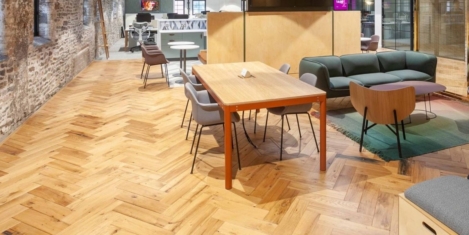
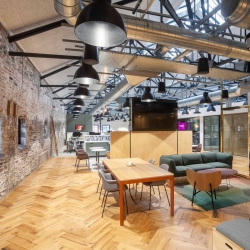 Predicting behaviours in the commercial property market is never an easy thing, yet we know that the pandemic has drastically altered this market. Whilst some players have advocated ‘the end is nigh’ for all office space, research shows a different picture emerging – namely the office space as we know it is evolving into something different. The impact of prolonged uncertainty has fuelled change. However, there are other forces at work shaping a brighter and more varied future for office space.
Predicting behaviours in the commercial property market is never an easy thing, yet we know that the pandemic has drastically altered this market. Whilst some players have advocated ‘the end is nigh’ for all office space, research shows a different picture emerging – namely the office space as we know it is evolving into something different. The impact of prolonged uncertainty has fuelled change. However, there are other forces at work shaping a brighter and more varied future for office space. 
 Scotland is to become the latest nation to trial a
Scotland is to become the latest nation to trial a 
 Today, companies cannot shy away from their responsibilities towards the environment. With Extinction Rebellion keeping the climate crisis firmly on the news agenda, and COP26 in November gathering more international attention than ever, how businesses approach and champion sustainability is under significant scrutiny. At a local level, organisations are being set targets by the UK government to commit to
Today, companies cannot shy away from their responsibilities towards the environment. With Extinction Rebellion keeping the climate crisis firmly on the news agenda, and COP26 in November gathering more international attention than ever, how businesses approach and champion sustainability is under significant scrutiny. At a local level, organisations are being set targets by the UK government to commit to 
 I recently stumbled upon the phrase epistemic trespass, which describes the phenomenon of people making judgements in fields in which they have no expertise. I came across it as it was used to explain the sudden explosion of opinions about Afghanistan from a hitherto unknown horde of experts. Which may or may not be the same horde that has been so very certain about immunology and public health during the pandemic. It’s an old idea and one that needs to be treated with care, for reasons set out by Noah Smith
I recently stumbled upon the phrase epistemic trespass, which describes the phenomenon of people making judgements in fields in which they have no expertise. I came across it as it was used to explain the sudden explosion of opinions about Afghanistan from a hitherto unknown horde of experts. Which may or may not be the same horde that has been so very certain about immunology and public health during the pandemic. It’s an old idea and one that needs to be treated with care, for reasons set out by Noah Smith 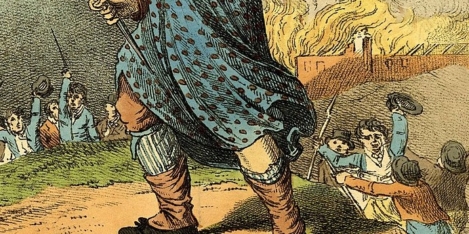
 I’m a Luddite. This is not a hesitant confession, but a proud proclamation. I’m also a social scientist who studies how new technologies affect politics, economics and society. For me, Luddism is not a naïve feeling, but a considered position. And once you know what Luddism actually stands for, I’m willing to bet you will be one too — or at least much more sympathetic to the Luddite cause than you think.
I’m a Luddite. This is not a hesitant confession, but a proud proclamation. I’m also a social scientist who studies how new technologies affect politics, economics and society. For me, Luddism is not a naïve feeling, but a considered position. And once you know what Luddism actually stands for, I’m willing to bet you will be one too — or at least much more sympathetic to the Luddite cause than you think. 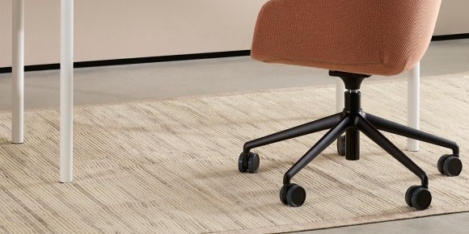
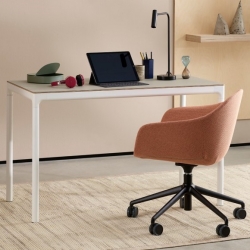 We’ve all learnt a great deal about working from home over the past eighteen months. We’ve seen how for some, it can be incredibly beneficial to employees, enabling them to better balance their work and personal lives and can also benefit the company, enabling business as usual during the Covid-19 pandemic, even improving efficiency. It’s also prompted some important conversations about mental health that simply hadn’t been had, normalising the challenges that we all face, especially during lockdowns.
We’ve all learnt a great deal about working from home over the past eighteen months. We’ve seen how for some, it can be incredibly beneficial to employees, enabling them to better balance their work and personal lives and can also benefit the company, enabling business as usual during the Covid-19 pandemic, even improving efficiency. It’s also prompted some important conversations about mental health that simply hadn’t been had, normalising the challenges that we all face, especially during lockdowns. 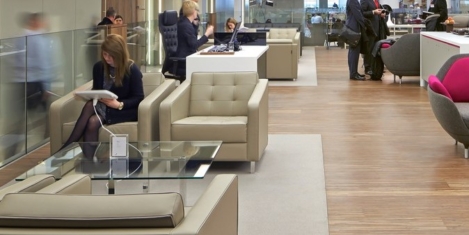
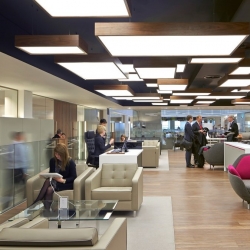 The CFO and Finance Director role is undergoing rapid change. Not only are they required to manage the traditional priorities of the job, but they must now also juggle a wide array of operational, transactional and commercial responsibilities. With added pressure from clients because of Covid-19 and a rapidly evolving workplace, the role is increasingly hard to navigate. To gain a deeper insight into this and the evolution and future planning of a department that is central to the success of modern businesses,
The CFO and Finance Director role is undergoing rapid change. Not only are they required to manage the traditional priorities of the job, but they must now also juggle a wide array of operational, transactional and commercial responsibilities. With added pressure from clients because of Covid-19 and a rapidly evolving workplace, the role is increasingly hard to navigate. To gain a deeper insight into this and the evolution and future planning of a department that is central to the success of modern businesses, 
 A new survey from the Economist Intelligence Unit backs up the most commonly cited form of ‘hybrid working’ by claiming that business executives on average think work should be split 70 percent / 30 percent between the office and home respectively. In
A new survey from the Economist Intelligence Unit backs up the most commonly cited form of ‘hybrid working’ by claiming that business executives on average think work should be split 70 percent / 30 percent between the office and home respectively. In 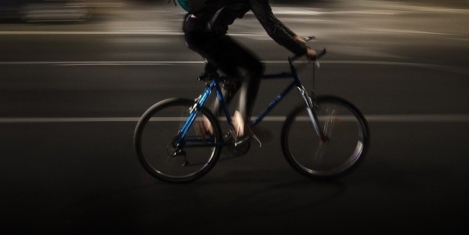
 The long-term impact of COVID-19 on the economy (and the gig economy) will not be clear for some time. But in the UK, the easing of pandemic related restrictions has coincided with significant labour shortages and the driving up of wages.
The long-term impact of COVID-19 on the economy (and the gig economy) will not be clear for some time. But in the UK, the easing of pandemic related restrictions has coincided with significant labour shortages and the driving up of wages. 
 Thinking back to the fast pace of life 18 months ago, the working day looked very different. COVID-19 forced a significant adjustment in how many workforces operate, including the enforced use of multiple workplace technology tools to collaborate. How will our use of collaboration tools change as we go through pandemic recovery? How can businesses ensure they continue to transform their workflows in a way that gives them maximum efficiency and productivity?
Thinking back to the fast pace of life 18 months ago, the working day looked very different. COVID-19 forced a significant adjustment in how many workforces operate, including the enforced use of multiple workplace technology tools to collaborate. How will our use of collaboration tools change as we go through pandemic recovery? How can businesses ensure they continue to transform their workflows in a way that gives them maximum efficiency and productivity? 








September 28, 2021
Developing a future of work strategy depends on asking the right questions
by Mark Caskey • Comment, Flexible working, Workplace design